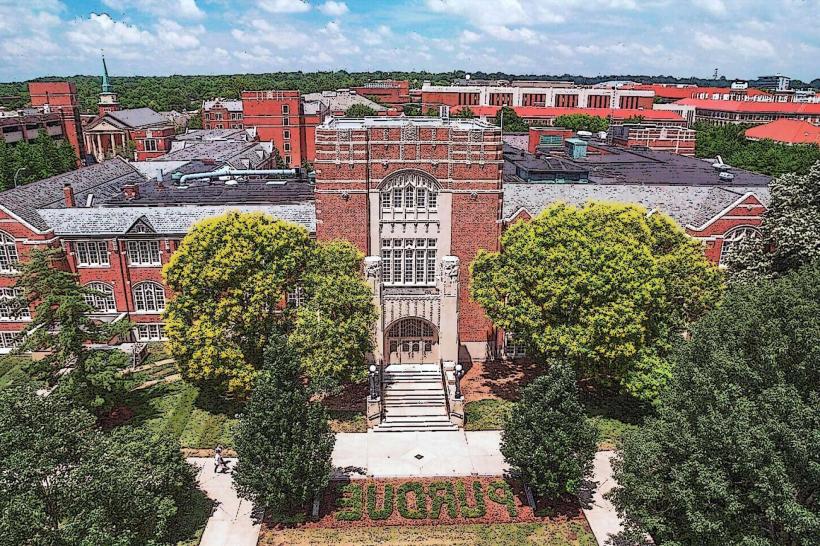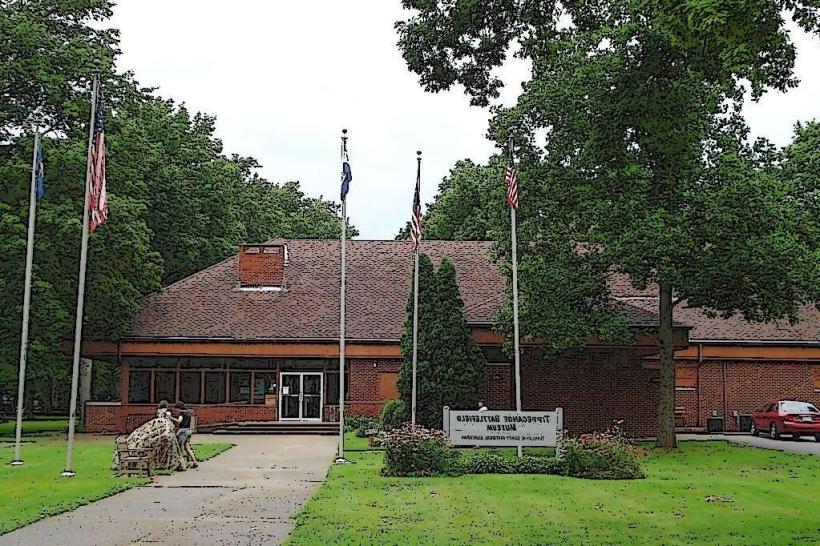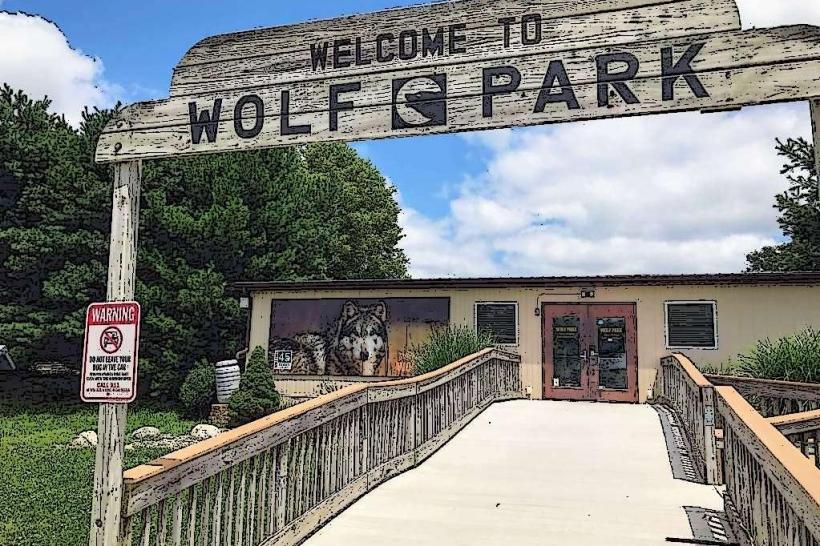Information
Landmark: Columbian Park ZooCity: Lafayette
Country: USA Indiana
Continent: North America
Columbian Park Zoo, Lafayette, USA Indiana, North America
Columbian Park Zoo, located in Lafayette, Indiana, is a cherished community attraction and the second oldest zoo in the state, having opened its doors in 1908. Nestled within the expansive 40-acre Columbian Park, the zoo itself covers roughly 6 acres and is home to over 190 animals representing more than 90 species from around the globe. It blends intimate, immersive habitats with a strong focus on education, conservation, and family engagement.
Location and Setting
The zoo lies centrally within Columbian Park, a large public park featuring playgrounds, picnic areas, walking paths, and a seasonal splash pad. The park provides a serene, green setting that complements the zoo’s naturalistic animal exhibits. Access to the zoo is convenient, with multiple parking options on nearby streets such as Park Avenue, Wallace Avenue, and Scott Street. The zoo entrance is centrally located within the park grounds, making it easily accessible by foot.
Animal Exhibits and Habitats
Columbian Park Zoo offers a variety of carefully designed exhibits, many featuring immersive elements that allow visitors to get close to the animals in naturalistic settings:
Wallaby Walkabout: An Australian-themed exhibit where visitors can stroll through a large, enclosed habitat alongside free-roaming agile wallabies, observing their behaviors up close.
Emu Exhibit: Displays one of Australia’s largest birds, the emu, known for its striking plumage and curious nature.
New Guinea Singing Dog Exhibit: Highlights the rare and vocal New Guinea singing dog, a unique canine species with distinct howling calls, native to the mountainous regions of New Guinea.
Australian Aviary: Houses a variety of Australian bird species in a walk-through aviary environment, enabling immersive birdwatching opportunities.
Bald Eagle Exhibit: Showcases the iconic North American raptor, providing educational information about its conservation history and natural behaviors.
North American River Otter Exhibit: Features playful otters that delight visitors with their aquatic agility and social interactions.
Galapagos Tortoise Exhibit: Home to giant tortoises from the Galapagos Islands, the exhibit educates about these long-lived reptiles and their unique island ecosystems.
Penguin Cove: A cool, aquatic environment for penguins, allowing guests to observe their swimming and social habits.
Family Farm: A petting zoo-style area with domestic animals, fostering direct interaction opportunities for children and families.
The zoo complements these habitats with public art installations including a granite globe fountain and bronze sculptures symbolizing the seven continents, enhancing the visitor experience beyond animal exhibits.
Educational Programs and Community Engagement
Columbian Park Zoo places strong emphasis on education, conservation awareness, and community involvement through diverse programming:
Zoo Pajama Party: Monthly sessions for toddlers and preschoolers (ages 1-5) featuring bedtime stories, crafts, and live animal encounters designed to stimulate early learning and foster a connection with nature.
Zoo Sprouts: An interactive program aimed at children ages 3-4, encouraging hands-on learning about animals, habitats, and conservation topics.
Zoo Teen Program: A structured volunteer initiative for teens aged 14-17, offering behind-the-scenes exposure to zoo operations, animal care, and conservation education, fostering leadership skills and career exploration.
Summer Camps: Seasonal camps targeting school-aged children provide immersive experiences including animal husbandry, wildlife ecology, and environmental science activities.
Internships: Opportunities for college students and recent graduates allow for professional development in areas like animal care, marketing, and educational outreach.
The zoo collaborates with Purdue University’s EPICS program, involving engineering students in projects to improve zoo facilities and animal welfare, demonstrating community-university partnerships.
Visitor Amenities and Accessibility
Columbian Park Zoo is designed to be family-friendly and accessible:
Admission: The fee structure is affordable, with free admission for children under 2 and a modest $3 fee for all others. This approach encourages frequent visits from local families and school groups.
Hours: The zoo opens in spring and closes for winter, operating seasonally from mid-April through early October, with extended hours during peak summer months.
Accessibility: Pathways and exhibits are wheelchair accessible. Restrooms and seating areas are conveniently placed throughout the zoo.
Membership: The zoo offers family memberships around $50 annually, providing unlimited admission, discounts on events, train rides, and concessions, fostering repeat visits and community support.
Special Events: Throughout the year, the zoo hosts events such as “Boo at the Zoo” for Halloween, educational workshops, animal encounters, and holiday celebrations.
Conservation and Animal Care
The Columbian Park Zoo adheres to high standards of animal care and participates in conservation education to raise public awareness about wildlife preservation. It provides habitats that simulate natural environments and promotes environmental stewardship through programming. The zoo supports local conservation efforts and offers opportunities for visitors to engage in sustainable practices.
Summary
Columbian Park Zoo stands out as a historic, well-loved zoological facility that balances wildlife exhibitry, education, and community engagement. Its blend of native and exotic species, immersive exhibits like Wallaby Walkabout, and strong emphasis on children’s programming make it a vital cultural and recreational resource in Lafayette. It offers families a chance to connect with wildlife and learn about conservation in a welcoming and accessible environment. The zoo’s partnerships with local organizations, especially Purdue University, enrich its educational impact and community ties.







